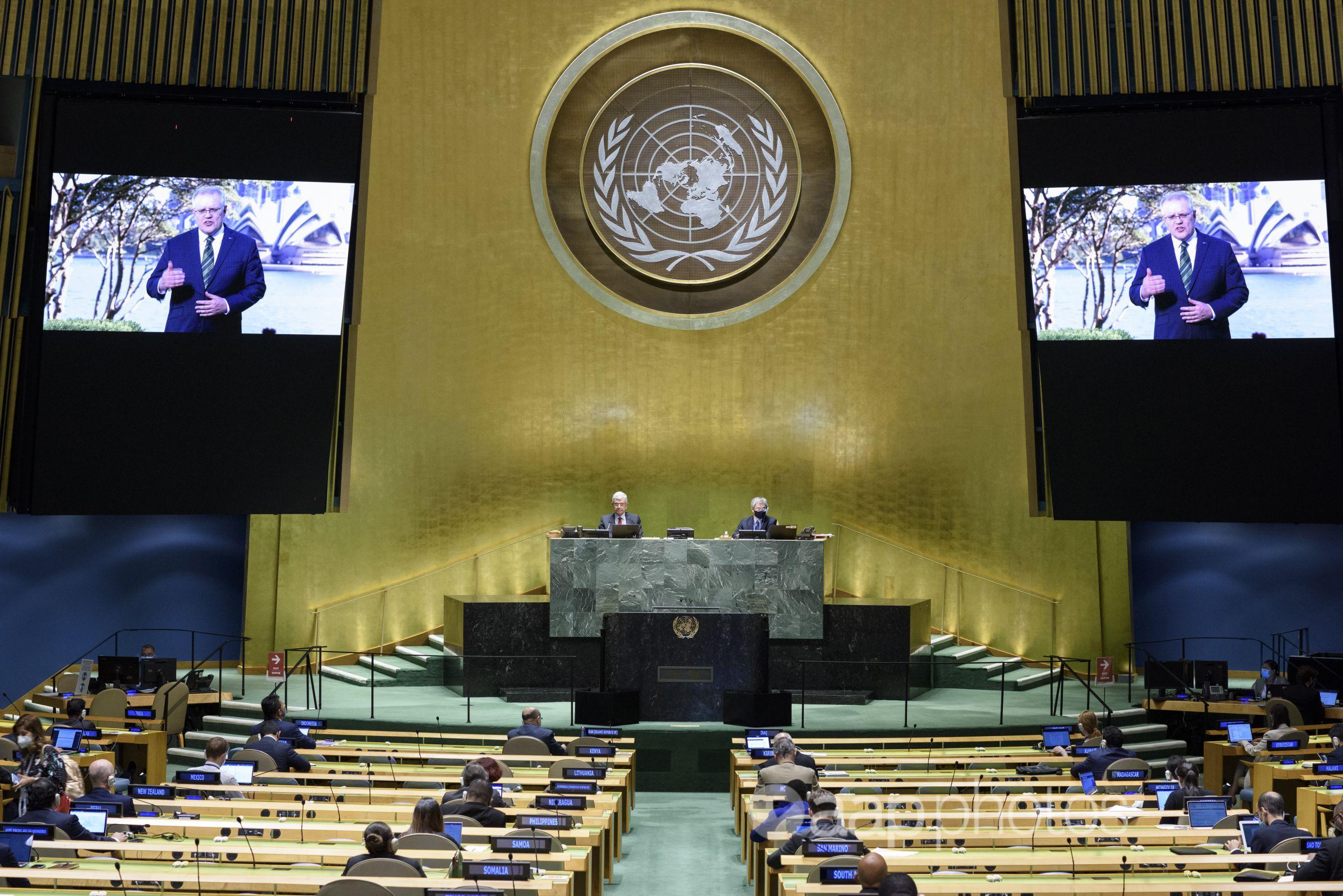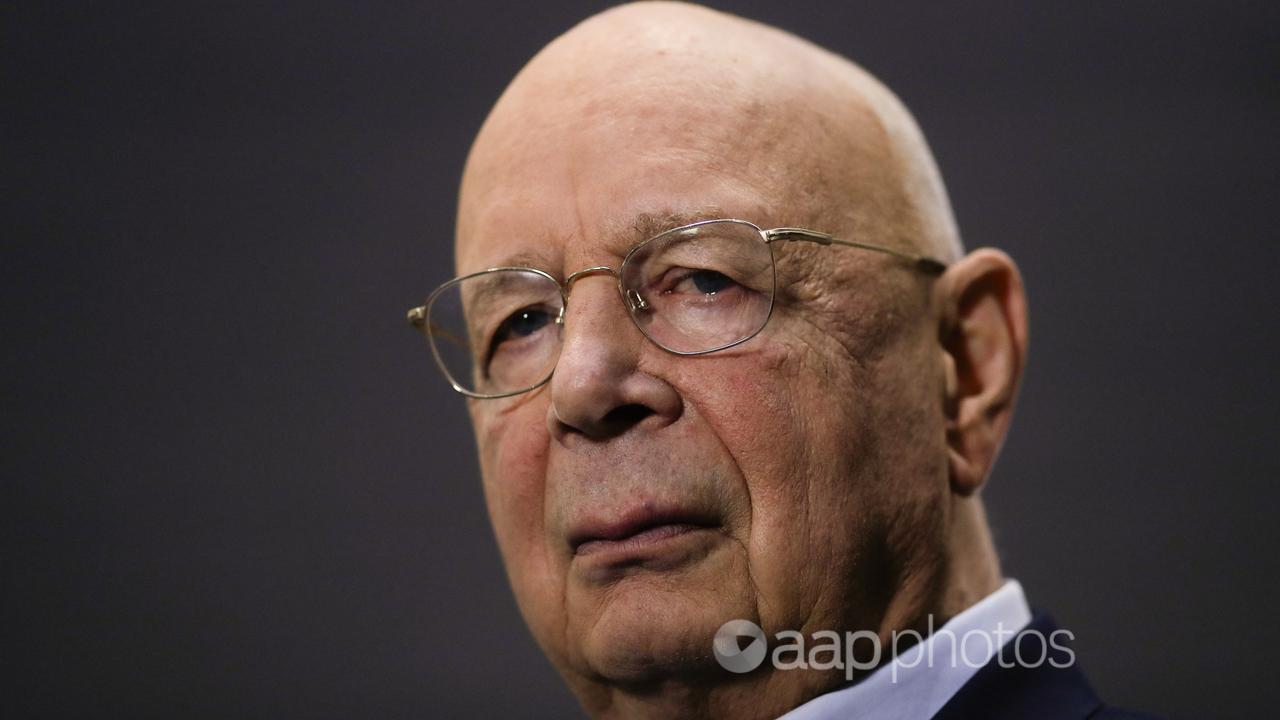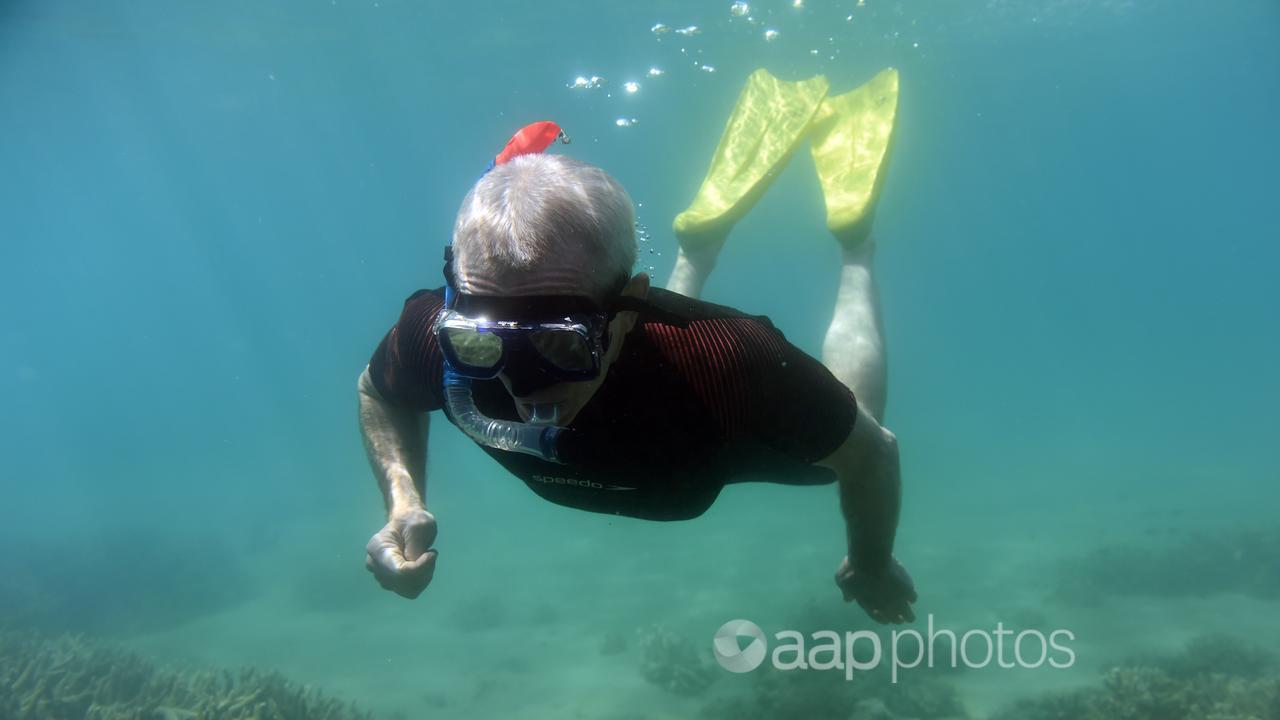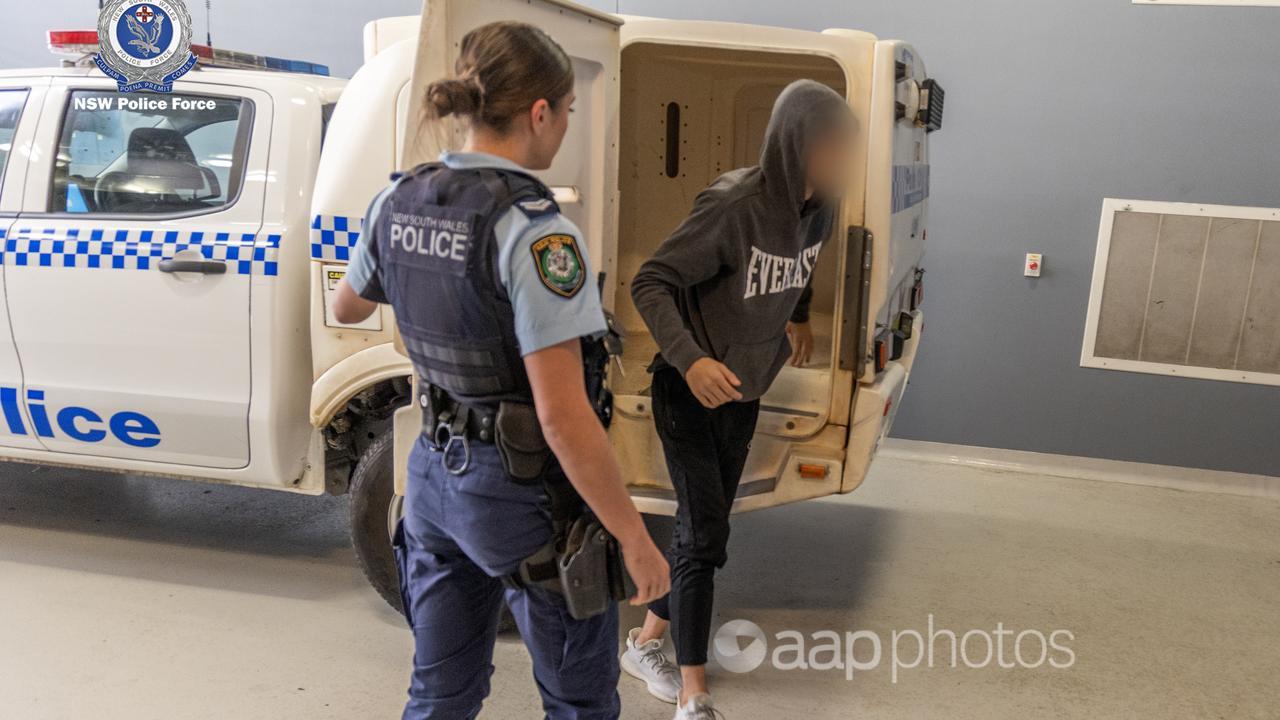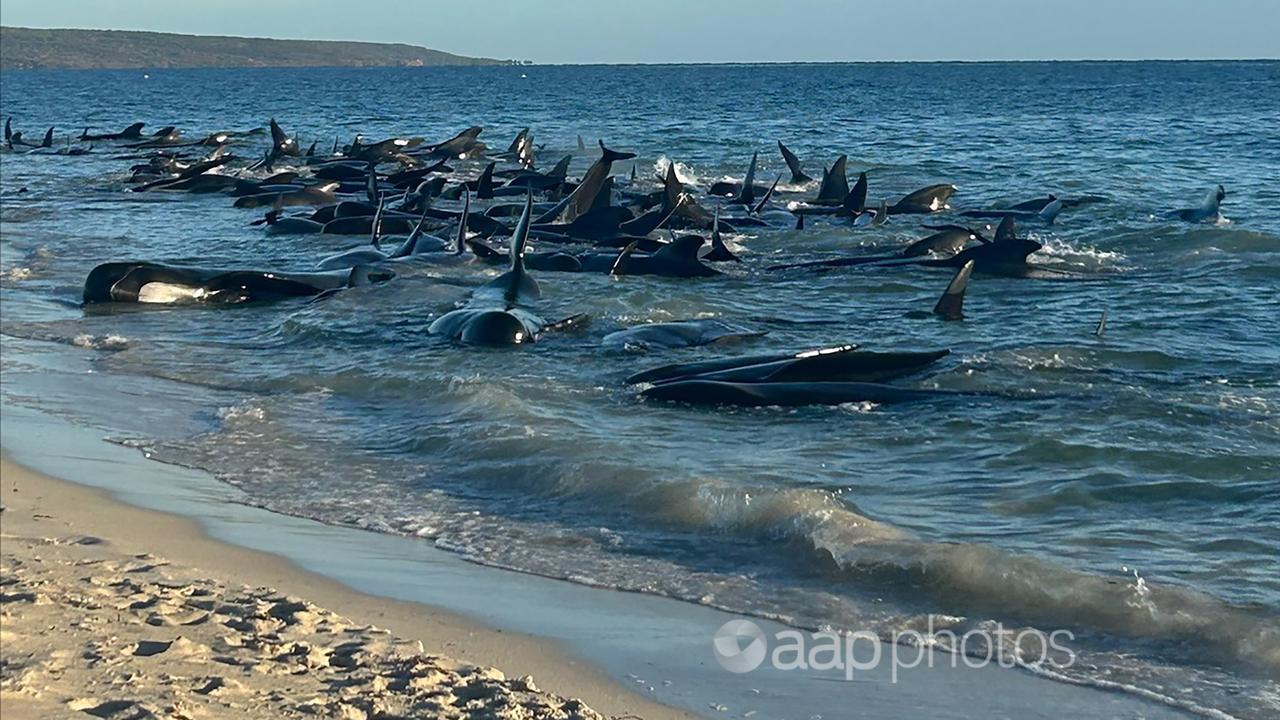The Statement
A social media post claims the United Nations’ 17 Sustainable Development Goals are part of the “New World Order” to depopulate the world and “enslave humanity”.
The claims made in a New Zealand Facebook post and numerous other posts feature the United Nations logo along with the title, “Agenda 2030 New World Order”.
The December 8 post claims to show the “17 Sustainable Development Goals Depopulation Agenda” and includes 17 squares, each dedicated to a goal including “Forced Vaccinstions” (sic), “Smart Grid Surveillance”, “Slave labor”, “Communism” and “Control Wildlife” among others.
The post’s caption reads: “This is what we have to look forward to because our absoljte (sic) stupidity in voting for labour. What foolish people we are.”
Variations of the post have been shared widely, including in Australia, Canada and the United Kingdom with one post dating back to 2016.
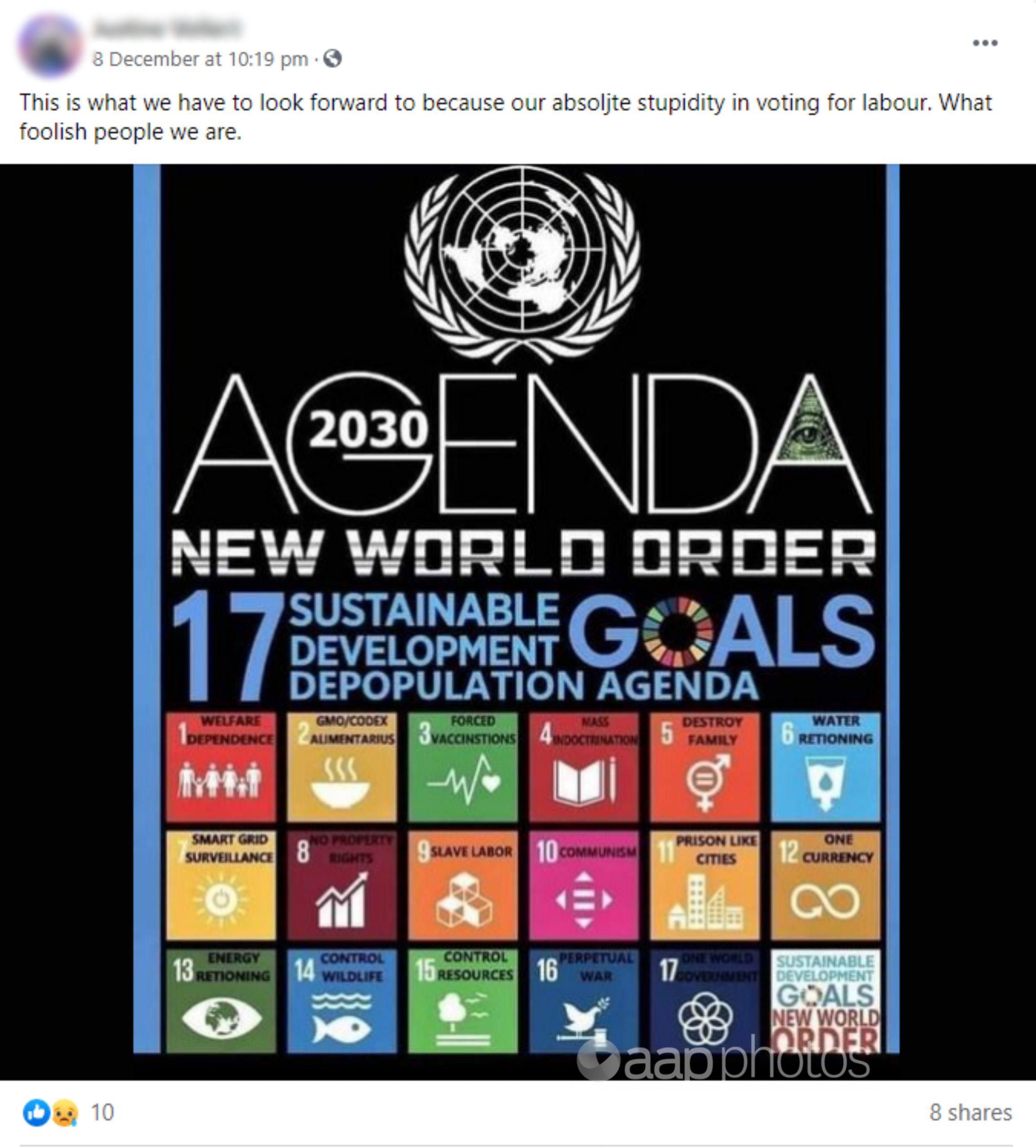
The Analysis
The 17 goals set out in the Facebook posts do not correspond to the United Nations’ (UN) Sustainable Development Goals (SDG) as listed on the UN website, with a UN spokeswoman also confirming to AAP FactCheck the social media post is “false”.
The 2030 Agenda is a resolution adopted by the United Nations General Assembly in 2015 and lays out the plan of action to tackle poverty and sustainability for countries for the 15 years to 2030. It follows on from the Millenium Development Goals which were agreed to in 2000 and ran until 2015.
The 17 Sustainable Development Goals and 169 targets agreed upon by the UN member nations are:
Goal 1. End poverty in all its forms everywhere.
Goal 2. End hunger, achieve food security and improved nutrition and promote sustainable agriculture
Goal 3. Ensure healthy lives and promote well-being for all at all ages
Goal 4. Ensure inclusive and equitable quality education and promote lifelong learning opportunities for all
Goal 5. Achieve gender equality and empower all women and girls
Goal 6. Ensure availability and sustainable management of water and sanitation for all
Goal 7. Ensure access to affordable, reliable, sustainable and modern energy for all
Goal 8. Promote sustained, inclusive and sustainable economic growth, full and productive employment and decent work for all
Goal 9. Build resilient infrastructure, promote inclusive and sustainable industrialisation and foster innovation
Goal 10. Reduce inequality within and among countries
Goal 11. Make cities and human settlements inclusive, safe, resilient and sustainable
Goal 12. Ensure sustainable consumption and production patterns
Goal 13. Take urgent action to combat climate change and its impacts
Goal 14. Conserve and sustainably use the oceans, seas and marine resources for sustainable development
Goal 15. Protect, restore and promote sustainable use of terrestrial ecosystems, sustainably manage forests, combat desertification, and halt and reverse land degradation and halt biodiversity loss
Goal 16. Promote peaceful and inclusive societies for sustainable development, provide access to justice for all and build effective, accountable and inclusive institutions at all levels
Goal 17. Strengthen the means of implementation and revitalise the Global Partnership for Sustainable Development
The post’s list of 17 goals twist the real goals to align with conspiracy theories. For example, there is no mention of the terms “communism” or “one world government” in the UN’s SDG, whereas those terms appear in the Facebook post.
A United Nations spokeswoman confirmed to AAP FactCheck in an email: “These are not UN documents and the claims are false”.
The 2030 Agenda and its 17 Sustainable Development Goals have constantly been targeted by conspiracy theorists, as were the Agenda 21 goals that preceded them.
AAP FactCheck previously found a claim which featured a document supposedly listing the “Agenda 21/2030 Mission Goals” to be false, with a UN spokesperson saying the post was “not a genuine UN document”.
The UN’s Agenda 21 was a non-binding resolution agreed to at the UN’s 1992 Conference on Environment and Development in Rio de Janeiro. It pushed nations to take a balanced and integrated approach to environment and development questions. The Agenda 21 resolution preceded the Millenium Development Goals.
The Southern Poverty Law Centre, a US civil rights group with a background in monitoring extremism, produced a report in 2014 describing how conspiracy theorists viewed Agenda 21 as “a comprehensive plan of utopian environmentalism, social engineering, and global political control”.
While the 2030 resolution was adopted by all UN member countries, it is not legally binding and the implementation of these goals “will rely on countries’ own sustainable development policies, plans and programmes, and will be led by countries”, according to the SDG Frequently Asked Questions.
The Verdict
The Facebook post’s supposed Agenda 2030 list of 17 Sustainable Development Goals are not consistent with the goals agreed upon by the UN’s member nations when they adopted the resolution in 2015.
The United Nations’ 17 Sustainable Development Goals do not mention terms such as, “communism” or “smart grid surveillance”, and a UN spokeswoman confirmed to AAP FactCheck the claims made in the post are “false”.
False – Content that has no basis in fact.
* AAP FactCheck is an accredited member of the International Fact-Checking Network. If you would like to support our independent, fact-based journalism, you can make a contribution to AAP here.
All information, text and images included on the AAP Websites is for personal use only and may not be re-written, copied, re-sold or re-distributed, framed, linked, shared onto social media or otherwise used whether for compensation of any kind or not, unless you have the prior written permission of AAP. For more information, please refer to our standard terms and conditions.

